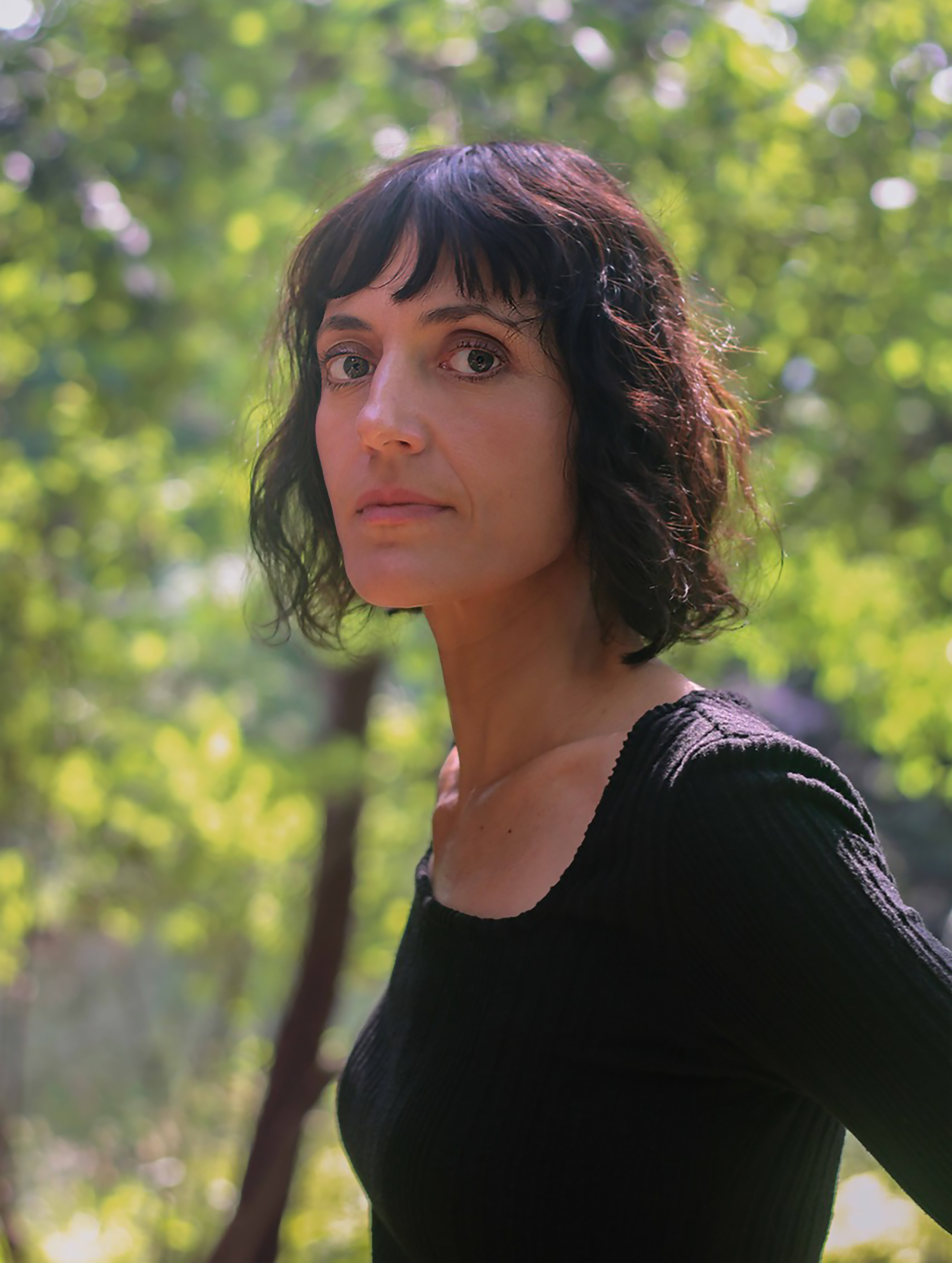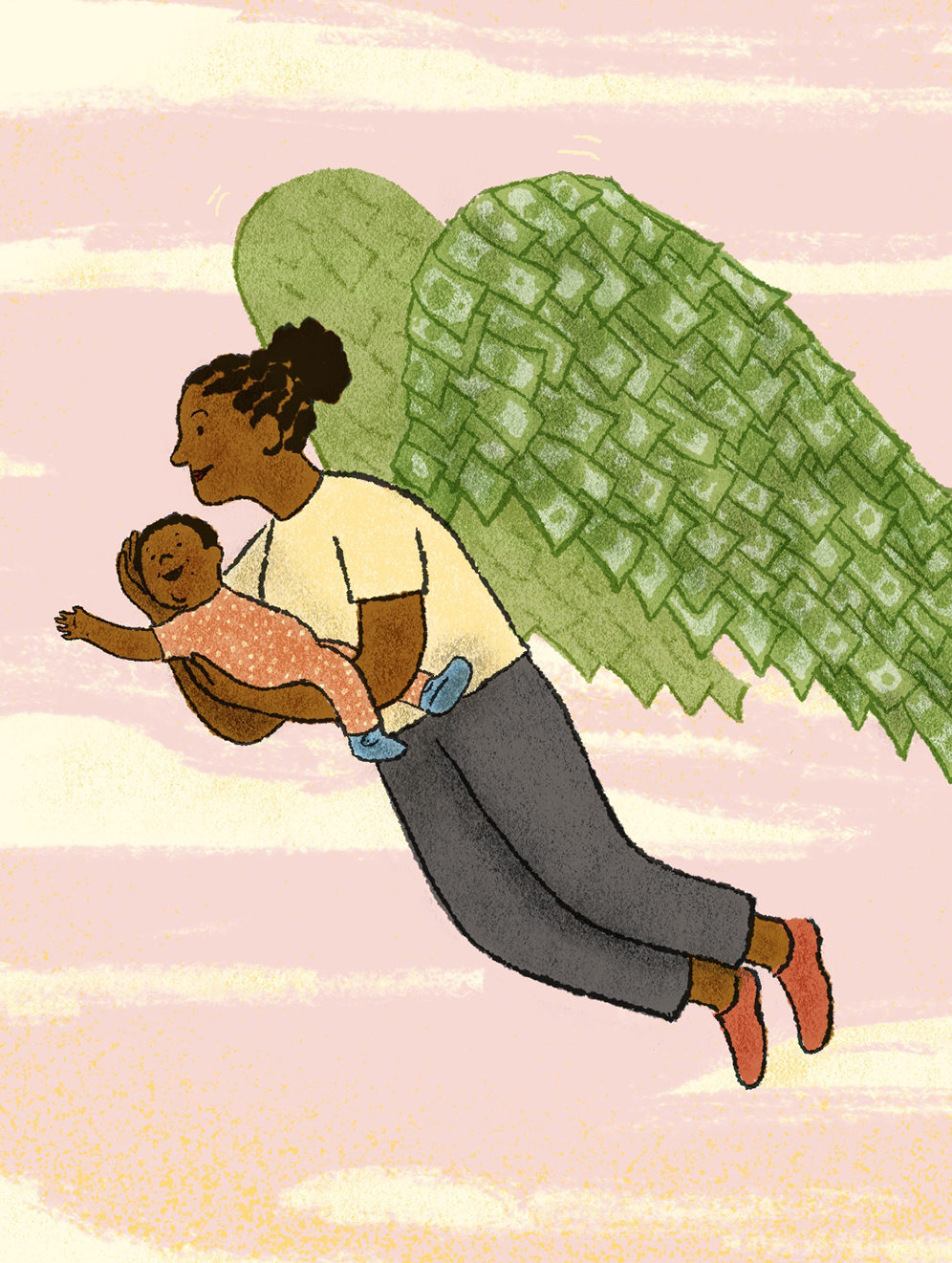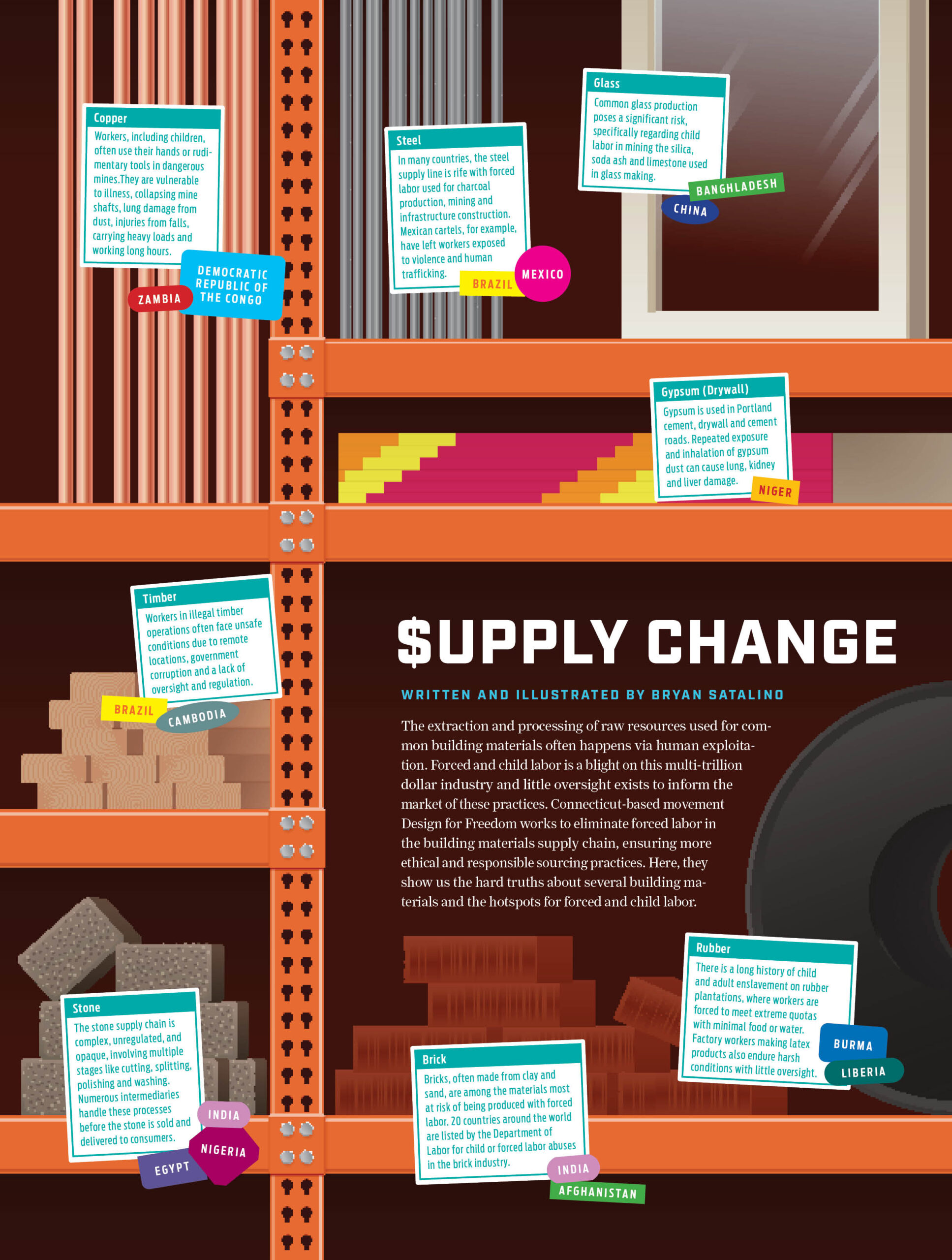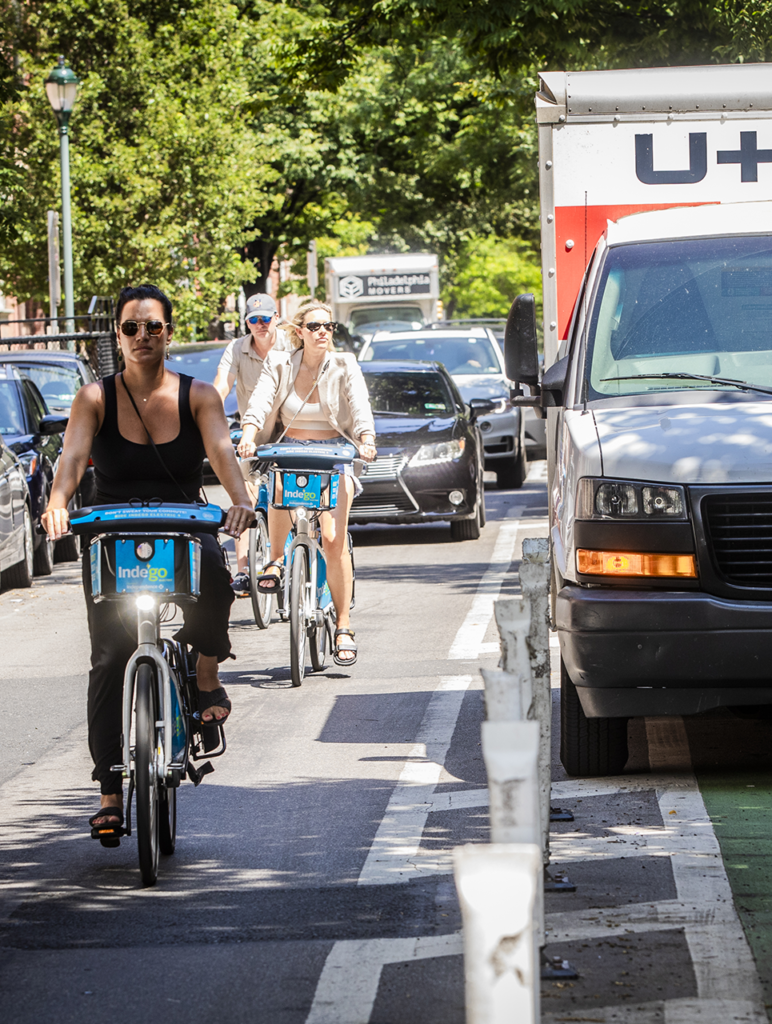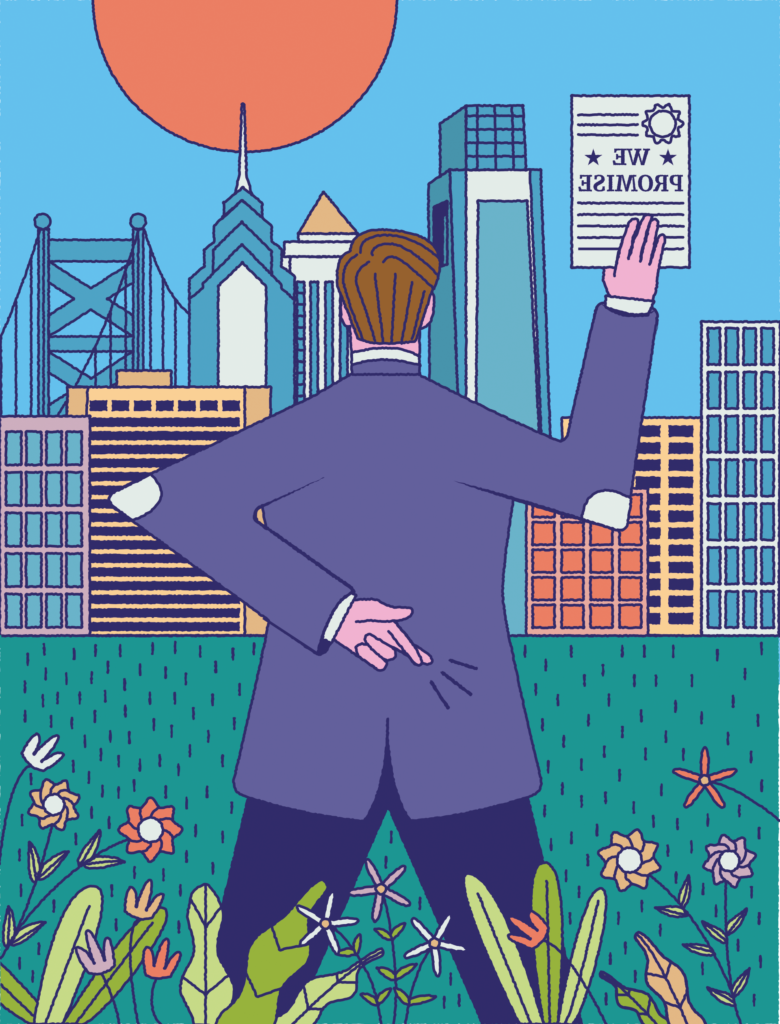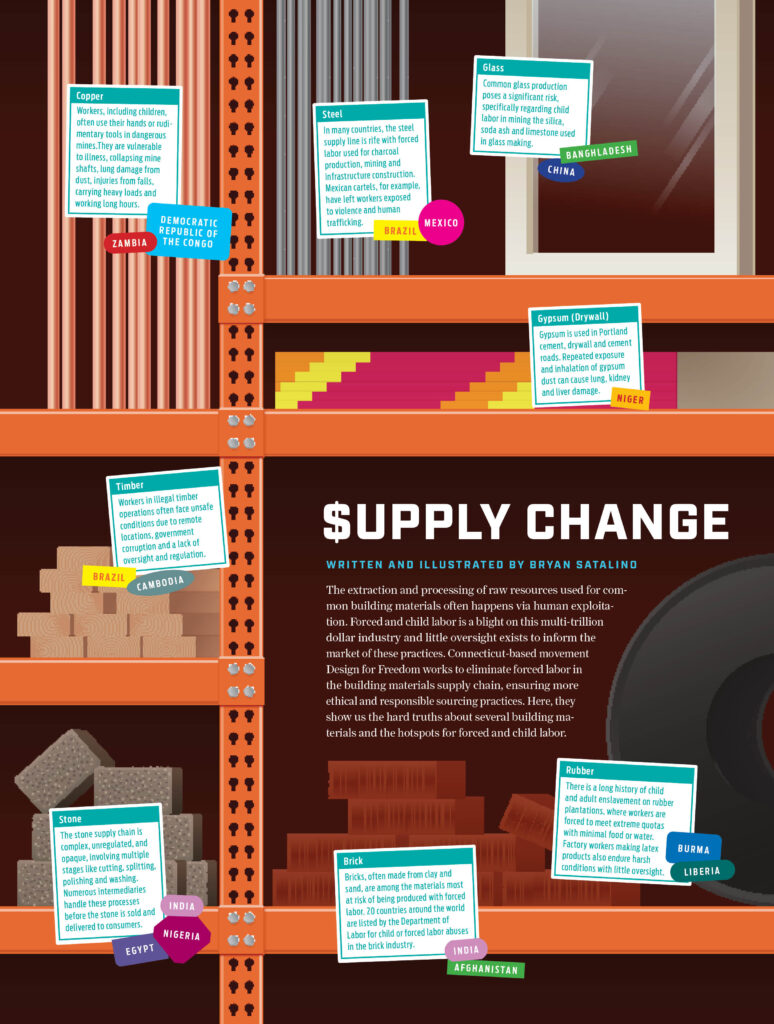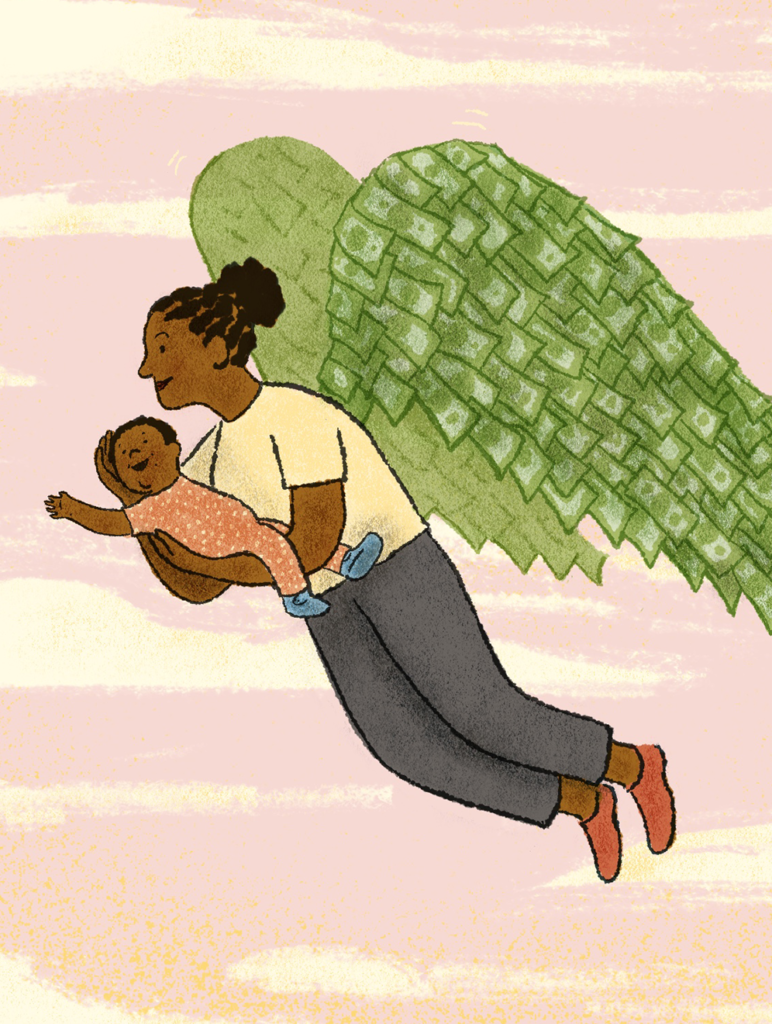It seems that, regardless of age, economic status or political beliefs, everyone is apprehensive about the future. Renowned author, filmmaker and organizer Astra Taylor captures the zeitgeist of our times in “The Age of Insecurity: Coming Together as Things Fall Apart,” published last year. Taylor explores the pervasive sense of dread that defines modern life, where even the wealthiest feel like they don’t have enough (or are creating an escape plan if society collapses), and proposes solutions that would help quell the fears that dominate modern capitalism.
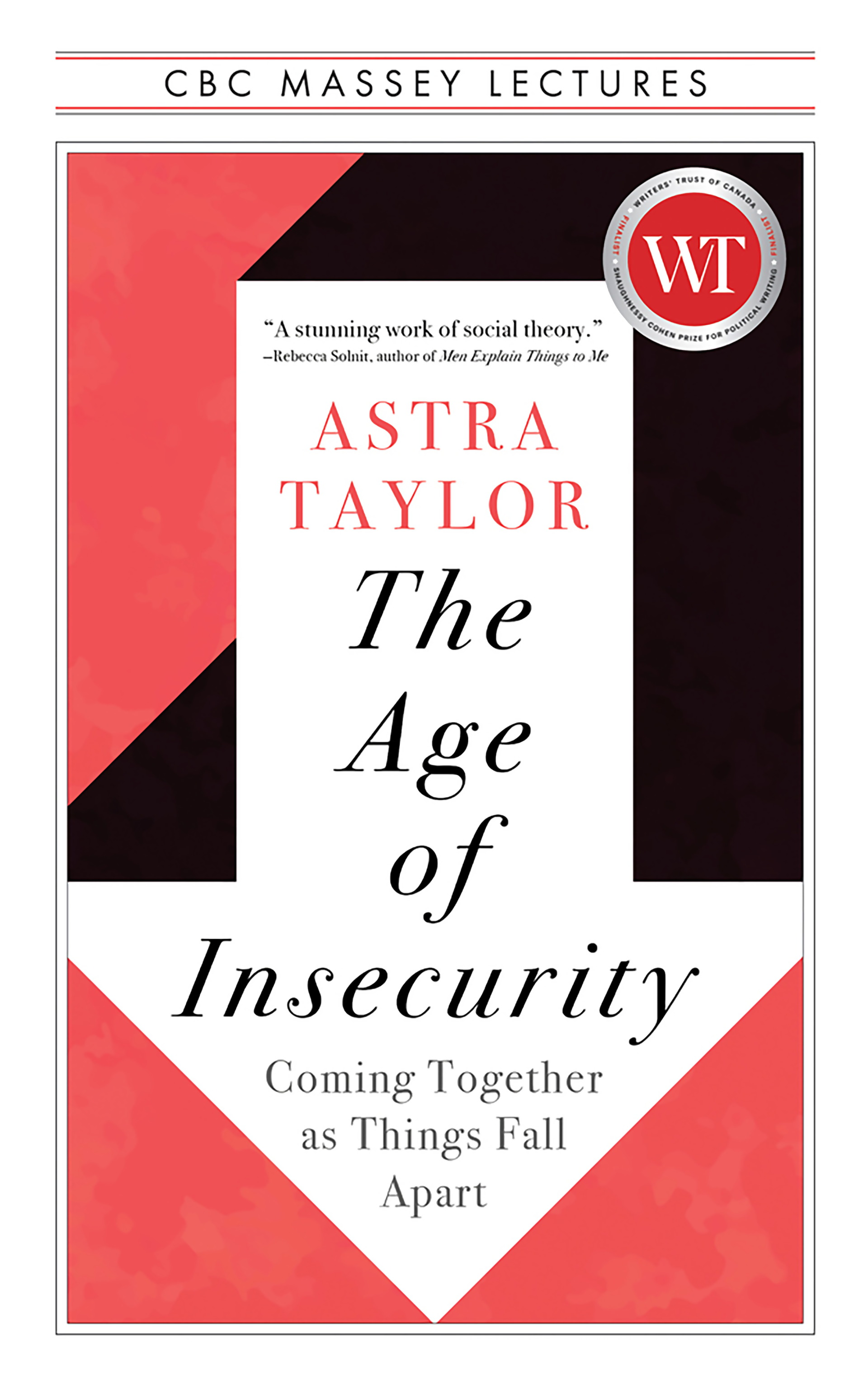
This interview has been edited for length and clarity.
Human beings have always been vulnerable to disease, death and political tumult. Why is this the age of insecurity? You could say all of human history has been an age of insecurity. Insecurity is a fundamental feature of the human condition. We are born needing care. We need care throughout our lives from cradle to grave. We can be wounded psychologically or physically. In the book, I call this “existential insecurity.”
But I think that something else is going on. I’m looking at larger trends, especially in younger generations, across the board of anxiety, of depression. The rise of things like housing insecurity and food insecurity and job insecurity. They are consequences of political and economic choices. They are actually embedded in our policy decisions. So that’s what I call in the book “manufactured insecurity.” This is the kind of insecurity that I don’t think is innate, but is rather exacerbated by the way we’ve structured our society. And it’s the kind of insecurity I think we can mitigate and make better.
What if someone said to you: “I feel relatively secure. I’ve got a decent job, I’m in pretty good health and I’ve got air conditioning and a 401(k). Sure it’s a bummer that a lot of people feel anxious, but why is it a problem?” Okay, I’m going to take that in two directions. First, I would say we live in a society and so there are going to be consequences that result from other people being both materially and emotionally insecure. One thing I argue in the book is that conditions of intense insecurity are politically tumultuous. I think the rise of the authoritarian right is tied to these conditions. There’s evidence of that [in]the rise of fascist parties in the 20th century. So I think there are political consequences that will ultimately affect someone even if we think we might be somewhat sheltered, even if we think, individually, “I’m doing okay, I’m pretty secure.”
I would try to encourage this imagined interlocutor to look a little bit more deeply. “You said, for example, ‘Well, I’m doing okay, I have a 401(k).’ Well, what is that 401(k) invested in? If it’s invested in the continued use of fossil fuels, then you might not be secure for that long, given the course we’re on with climate change.”
So I think we also have to encourage people to look more structurally, more holistically, at the ways their own investments, their own assets are affecting the larger society. But I will say that it’s striking how few people actually say that they’re secure and doing okay. There is widespread anxiety and apprehension when people look forward.
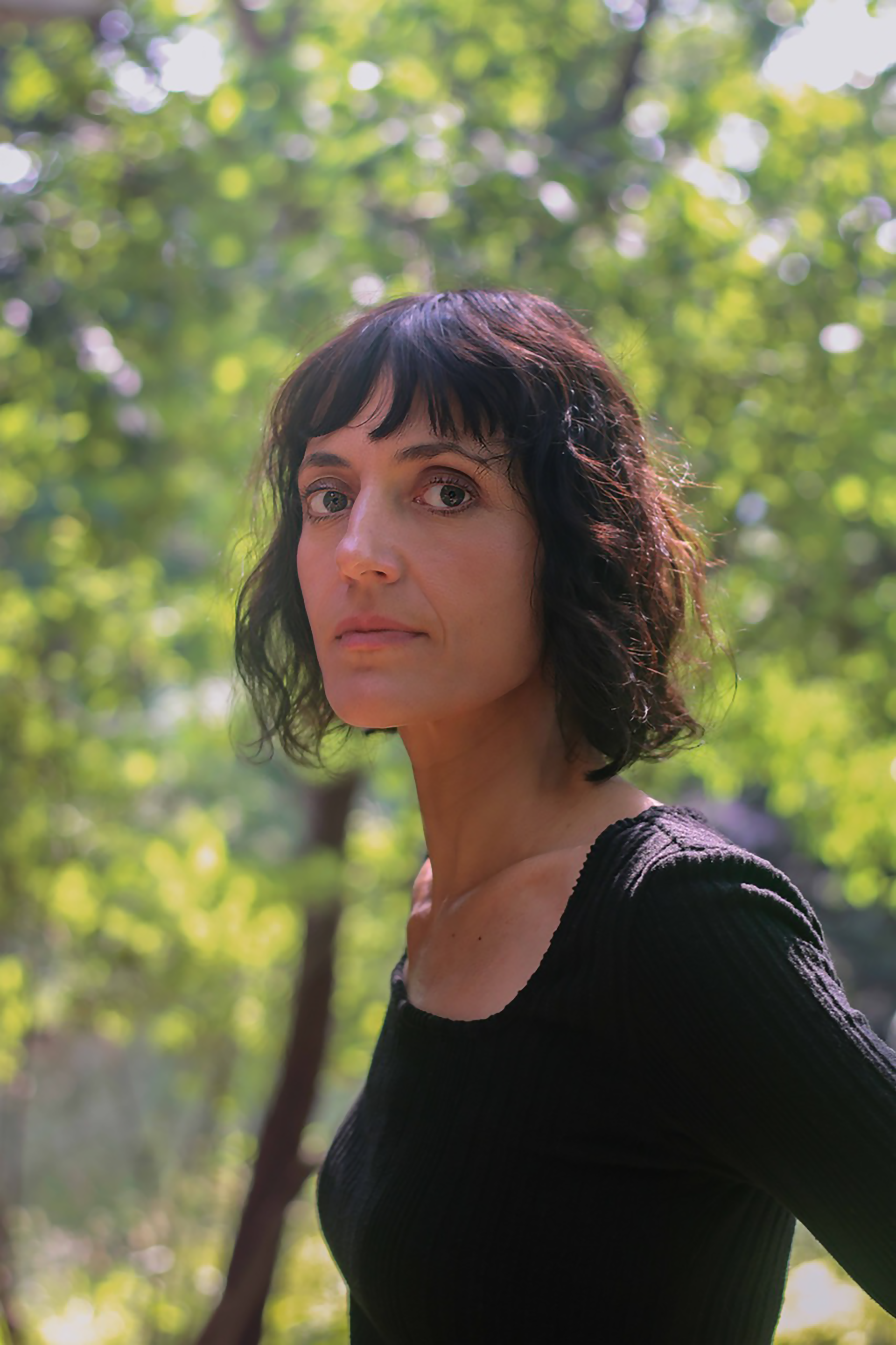
One of the arguments you make is that all people, regardless of societal position, feel insecurity. You even extend your empathy to a factory owner who’s trying to short-change loyal employees because a business has to close, trying to get them fired so they’re not eligible for pensions or severance. And I found that to be a really insightful point to make. Yeah, economists have a concept called “fractal inequality.” The fact that no matter where you are on the income distribution ladder, there’s always someone above you. Now there are people below you, but we tend not to look as much at those folks. So as a person in debt who has negative net worth, dreams of having zero dollars, the person with zero dollars looks up and says, ‘Gosh, if I only had 100 grand’ and on and on it goes until you have someone like Elon Musk or Jeff Bezos and they’re going, ‘I’m not gonna be happy until I have a trillion dollars’ because being a billionaire isn’t enough. And I think there’s something pathological about a society that has no floor and no ceiling on wealth, right? When you know you can fall to the point of being unhoused on a 110 degree day, then that anxiety is going to chase you up and up and up that ladder.
Creating a more materially secure society would be good for everyone at every level. And that we do have to have some empathy, not just for the poorest, but also for everyone else who’s stuck in this game that they can never entirely win.”
— Astra Taylor
Part of my argument is actually that creating a more materially secure society would be good for everyone at every level. And that we do have to have some empathy, not just for the poorest — although I think we need more empathy for the poorest and most exploited — but also for everyone else who’s stuck in this game that they can never entirely win.
I’ve always stayed away from investing in the stock market because I think it’s the engine driving planetary destruction, yet when I was financially vulnerable, I felt foolish that I hadn’t. Having experienced that financial insecurity made your book really resonate with me. Well, first off, I just want to say I’m so glad the book resonated and I want to thank you for being honest about what you’ve been through. And I think more of us need to be. This is part of why I’ve always gone out there and told my story about defaulting on my student loans in 2009 and how that put me on the path to organizing with the Debt Collective, which is the group I co-founded that is a union for debtors. I think we need more honesty about the challenges that ordinary folks are facing.
How do you balance personal financial responsibility with your conscience? My view is that we cannot live perfectly in accordance with our values given the way our society is structured at the moment. That doesn’t mean that we shouldn’t try. I eat vegan and I have for a long time. I know that’s not going to get us to a sustainable future, but it matters to me that my values align in this intimate way of what I put on my dinner table.
But the fact is we do not live in a society where there is a public pension program that’s reliable, right? Social Security is a decent program, but it is far from adequate. So we absolutely have to juggle these different values. I square that circle by organizing.
We have Social Security, as meager as it is, because of the Townsend movement, which was this movement of enraged older folks in the Great Depression era. They basically said, “We’re old, we’re poor and this is unfair. We want, we demand, government intervention on this issue.” And we now take their ideas for granted. I think we need to build on them and create a system that’s much more robust, that provides a much more profound level of material security for people, especially as they enter their golden years.
I think we’re set up to individualize these things that are ultimately societal. We have to make decisions for ourselves and our families, but ultimately political problems demand political solutions. And there’s no substitute for collective action.


